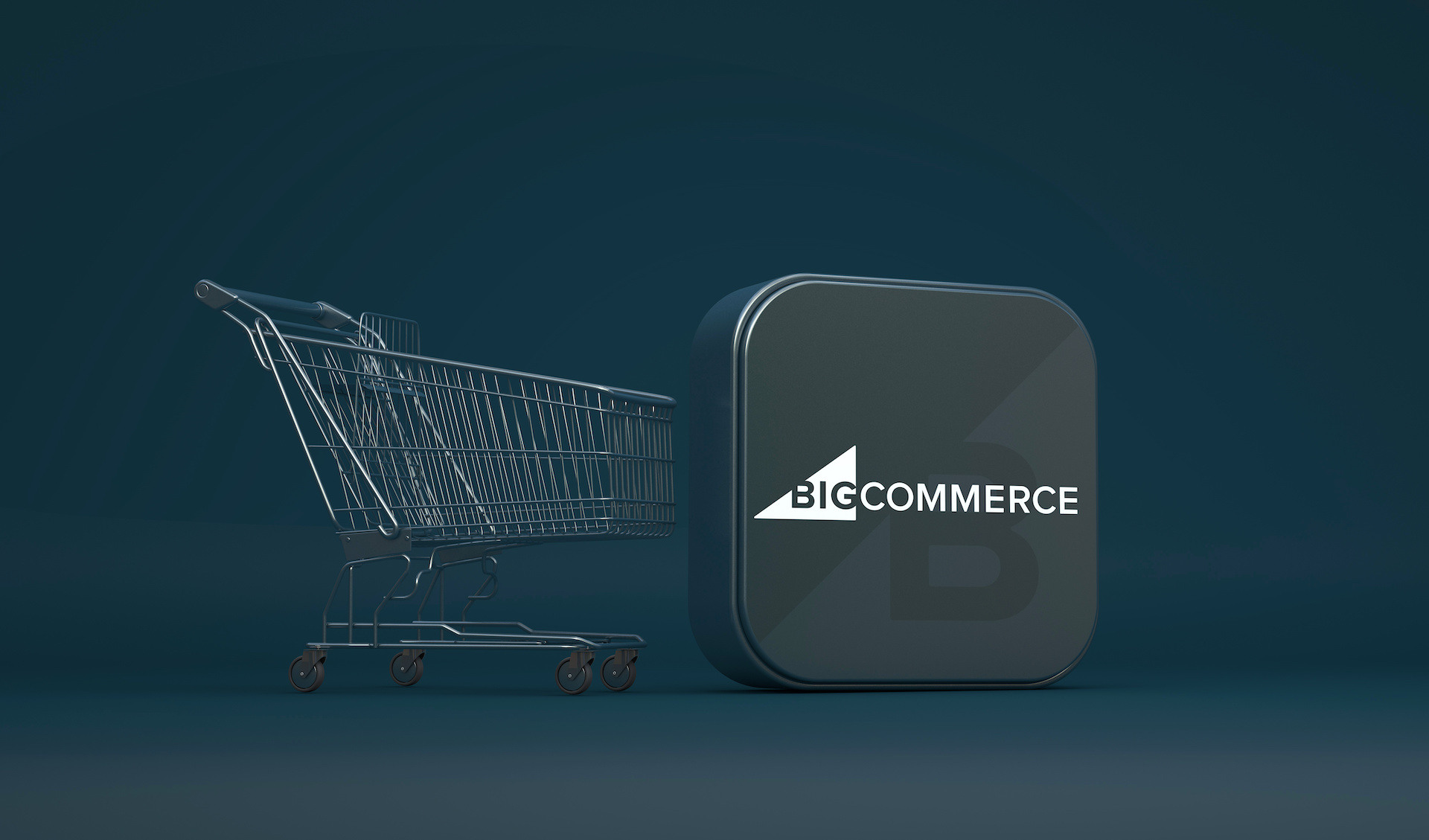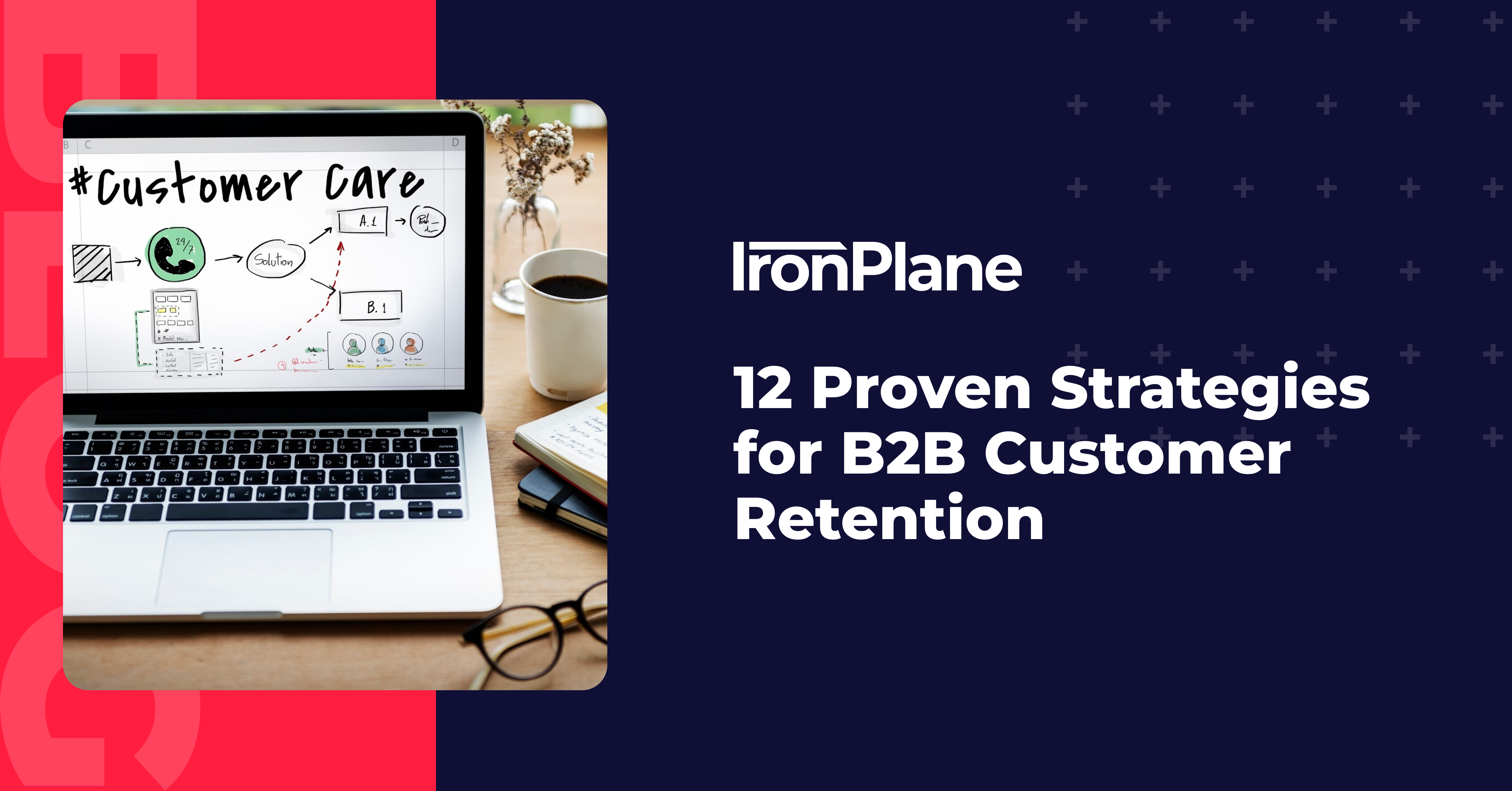BigCommerce's B2B Capabilities: A Guide for B2B eCommerce Businesses
B2B eCommerce businesses need powerful platforms to manage their operations and deliver memorable customer experiences — BigCommerce can be the solution.
4 min read
 Jeff Zoldy
:
September 20, 2024
Jeff Zoldy
:
September 20, 2024

As more businesses shift online, competition has intensified, and customer expectations are rapidly evolving. Two critical areas that can define a company's success in this space are sales enablement and customer support enablement. These two pillars, when effectively aligned, can drive higher revenue, improve customer retention, and boost overall satisfaction.
In this article, we'll delve into the core concepts of B2B eCommerce sales and customer support enablement and explore strategies to optimize these areas for maximum business impact.
Sales enablement in the context of B2B eCommerce refers to the strategies, tools, and technologies that equip sales teams to engage prospects, provide value, and close deals efficiently. B2B buyers are more informed than ever before, conducting their own research and expecting seamless purchasing experiences. Therefore, sales teams need to be well-equipped with data, content, and insights to address buyer needs effectively.
The Right eCommerce Platform
Digital B2B sales success depends on having the right eCommerce platform in place to match the needs of your B2B business. In our experience, the best B2B platforms are those that offer:
From AI-driven insights to automated quoting systems, the integration of technology can drastically improve the efficiency of a B2B sales team. Investing in the right technologies not only speeds up the sales cycle but also enhances the customer experience.
Related: Choosing the Right eCommerce Platform
Content Creation & Management
A successful sales enablement strategy starts with the right content. Sales teams need access to well-organized, easy-to-understand content that addresses customer pain points. This can include product guides, white papers, case studies, pricing sheets, and demonstration videos. When content is readily available, sales representatives can offer the right solutions at the right time.
CRM and CXM Integrations
Customer Relationship Management (CRM) and Customer Experience Management platforms play integral roles in sales enablement. A robust CRM system provides an in-depth view of the sales pipeline while the CXM provides a holistic perspective on customer support details. When integrated with an eCommerce platform, the result is a more comprehensive view of each customer including quote, purchase order, or online transaction data. This rich data provides support for greater sales efficiency and growth.
Training & Development
Sales teams must be continuously trained on new products, industry trends, and sales techniques. Along with legacy systems, a well-designed eCommerce solution can act as an online product and customer data portal that is available 24x7 to help keep their teams agile and knowledgeable, ensuring they can accurately and efficiently articulate product details, pricing, and value to prospective buyers.
Personalization & Data Utilization
Personalization is no longer optional in B2B eCommerce. Buyers expect a tailored experience that addresses their unique needs. Leveraging buyer behavior, product preferences, and transaction history can help sales teams make more informed decisions about personalized outreach. This level of personalization, matched with the right automation technology can contribute to effective self-service models as well.
Related: Top 10 eCommerce Trends to Boost Sales
Multi-Channel Support
B2B buyers expect to reach your support team across multiple channels—whether it's email, phone, live chat, or social media. Providing omnichannel support ensures that your customers can get help when and where they need it, leading to quicker resolutions and better satisfaction.
Automation & AI
Automation and artificial intelligence (AI) are increasingly shaping the customer support landscape. Chatbots and AI-driven ticketing systems can handle basic queries and frequently asked questions, freeing up human agents to deal with more complex issues. This also reduces response times and enhances the overall customer experience.
Customer Feedback & Continuous Improvement
Gathering customer feedback is an essential aspect of customer support enablement. By regularly surveying your customers, you can identify pain points, gather insights on their experiences, and continuously refine your support processes. Ensuring that feedback loops are in place allows you to stay ahead of issues before they escalate.
Customer Support Metrics & Analytics
Tracking metrics such as first response time, ticket resolution time, customer satisfaction (CSAT), and Net Promoter Score (NPS) are key to evaluating the effectiveness of your customer support efforts. Regular analysis of these metrics allows you to identify trends, address bottlenecks, and ensure that your support team is performing at its best.
Aligning sales and customer support enablement is critical to delivering a seamless B2B buyer experience. While sales enablement focuses on attracting and converting leads, customer support enablement is about retaining customers, resolving issues, and promoting additional sales. Together, these two functions form a continuous cycle that can boost customer loyalty and long-term revenue.
Here are a few ways to align these two functions:
Integrated Systems
Sales and support teams should have access to shared customer data and knowledge systems. For example, if a customer has reported an issue to the support team, the sales team should be aware of this before reaching out for upselling or cross-selling opportunities. This prevents miscommunication and ensures a unified experience.
Collaborative Feedback Loops
Both teams should regularly share feedback with each other. Support teams can provide sales teams with insights into common customer pain points or recurring issues. Meanwhile, sales teams can offer customer feedback to the support team, helping them anticipate common queries and issues post-sale.
Consistent Messaging
Customers should receive consistent messaging across all touchpoints—whether they’re speaking with a sales rep or a support agent. This requires tight coordination between both teams and clear communication about new product features, pricing changes, or other company updates.
In the competitive world of B2B eCommerce, businesses must enable their sales and support teams with the right tools, training, and technology to meet the evolving needs of customers. By investing in comprehensive sales and customer support enablement strategies, you can build stronger relationships, improve retention, and ultimately drive revenue growth.
Learn More: Level Up Online Sales With eCommerce Development Services
Sales enablement in B2B eCommerce refers to the processes, content, and technology that equip sales teams to engage prospects effectively, address their needs, and close deals efficiently. It involves tools like CRM systems and eCommerce and is enhanced by smart system integrations.
CRM systems help track customer interactions, manage sales pipelines, and automate follow-ups. They provide a centralized platform for sales teams to stay informed about customer needs and tailor their approaches accordingly. Pair with B2B eCommerce data, a sales team has a more comprehensive view of their prospects and customers, which allows them to deliver a more personalized sales experience.
Customer support enablement is crucial because it ensures that support teams can handle customer issues quickly and efficiently. A well-supported customer is more likely to remain loyal and satisfied, ultimately impacting long-term revenue.
Content in sales enablement helps sales teams educate prospects and customers about products or services. It allows them to provide relevant information that addresses buyer needs and pain points, driving more informed purchasing decisions.
Aligning these teams involves creating shared knowledge systems, ensuring consistent messaging, and establishing collaborative feedback loops. This ensures that both teams are aware of each customer’s journey and can work together to provide a seamless experience.

B2B eCommerce businesses need powerful platforms to manage their operations and deliver memorable customer experiences — BigCommerce can be the solution.

Keeping customers happy is super important for businesses that sell to other businesses online. At IronPlane, we know it can be tricky to keep customers coming back.
Our B2B eCommerce platform comparison guide reviews six of the most popular solutions and includes advice on how to research & compare your options.